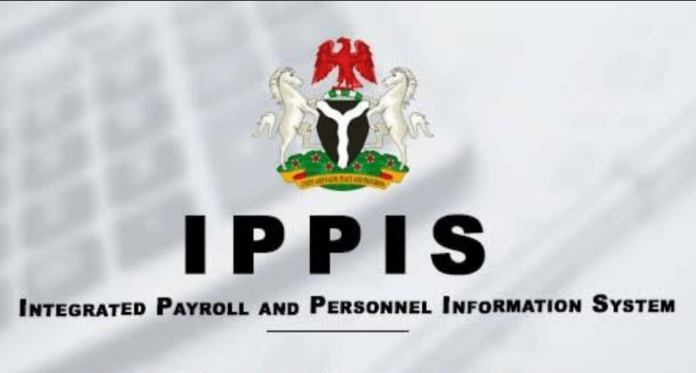The Academic Staff Union of Universities, (ASUU) is, once again, at the centre of a controversy. As usual, the subject matter is attracting different responses from different audiences. Here, a student shares his own thoughts in a way that suggests that ASUU might need a more powerful communication of its rejection of the IPPIS .
By Rabiu Musa
The recent decision of the Academic Staff Union of Universities, (ASUU), to enter into a logger- head with the Federal Government over its inclusion into Integrated Personal Payment Information System (IPPIS) has generated a lot of controversy among Nigerians regarding whether the union is canvassing a hidden agenda.

Hajiya Zainab Ahmed, Finance Minister
President Muhammadu Buhari had, during the 2020 budget presentation to the National Assembly, directed all federal ministries, departments and agencies to enroll into the system. He ordered salary payment stoppage of any agency that fail to comply with the directive by the end of October.
Expatiating on the directive, Nigeria’s Minister of Finance, Budget and National Planning, Zainab Ahmad, said it is to monitor finance and ensure transparency and accountability particularly in detecting ghost workers. According to the Accountant General of the Federation, (AGF), Ahmad Idris, the IPPIS is a new technological system and a Unit managed by the office of the AGF. IPPIS policy is binding on all staff of the Federal Government’s payroll and is aimed at integrating its establishments. Hence, ASUU alone has no reasons whatsoever to resist it after all other federal civil servants have complied as far as the AGF is concerned. The AGF, therefore, accused the union of trying to denigrate the system which, according to him, has enjoyed a wide public acceptance as a way of saving leakages to the country.
This directive does not sit well with the ASUU. The union kicked against it, arguing that it is an attempt to violate the autonomy of universities as enshrined in the (Universities Miscellaneous Provision Amendment Act 2003) as far as freedom to deliver their mandates.
It’s actually surprising that this is coming from the academicians. I am sure the system will undoubtedly curtail corruption in favour of transparency and accountability. But the union is trying by hook or by crook to discredit and resist it. This actually puts the union at simply being at war with the anti-corruption crusade.

ASUU leader, Prof Biodun Ogunyemi and one of his predecessors
Fighting against a holistic policy that enables the federal government to save the sum of over N230 billion in 2 years can be an endorsement of corruption. The action of the union could be risky for it in terms of credibility and public sympathy it enjoyed over the years.
It is clear that if the union is subsumed into the system, it will detect many visiting lecturers to various universities and institutions. This is because lecturers are allowed to attend only one university or institution of their choice and are entitled to 50 per cent of their salary as recommended by Nigerian University Commission (NUC). The fear that the integration into IPPIS may expose violators of this provision as the reason for the resistance is obvious.
If the integration into the system is not targeted at reducing their salary, then why the rift? The rift thus tells us that the union may have a hidden agenda beyond the so called university autonomy. ASUU should reconsider its stand on this issue and comply with the FG’s directive for a better Nigeria.
Rabiu Musa, the author, is a student of the Department of Information and Media Studies, Bayero University, Kano and can be reached at rabiumusa037@gmail.com




























